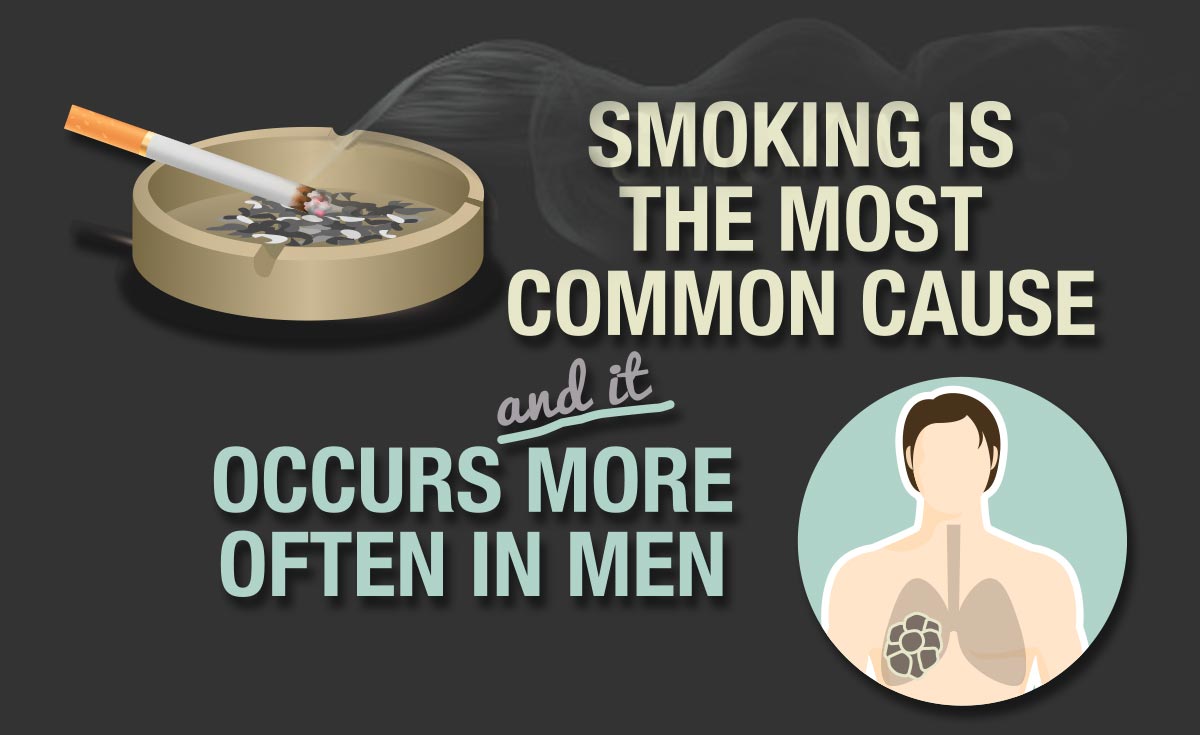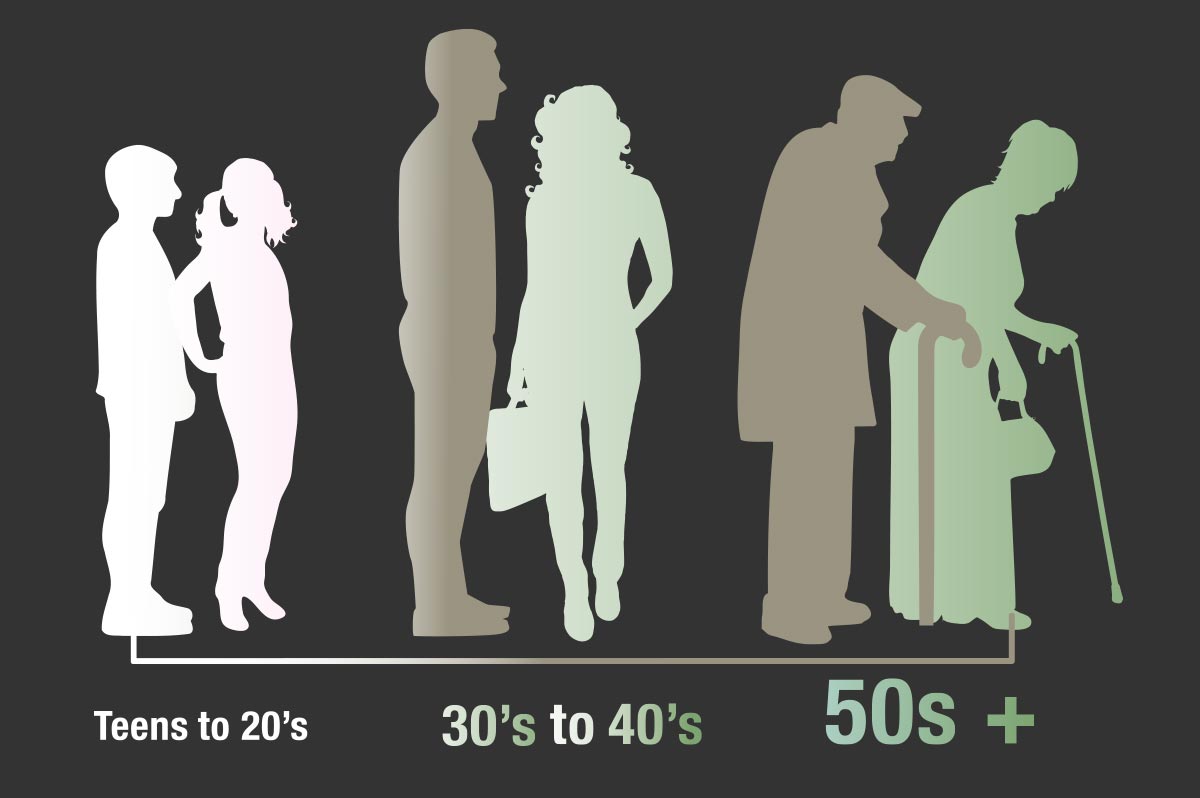Respiratory Cancer Facts & Symptoms
Common types of respiratory cancers include tracheal, lung, and bronchial cancers. The trachea connects the mouth and nose to the lungs. It divides into a right and left bronchi, or airways that give air to the lungs.
An estimated 238,340 people will be diagnosed with lung/bronchus cancer in 2023.

Trachael
Tracheal cancer is rare. If a tracheal tumor is affecting your breathing, you may need treatment such as internal radiotherapy or surgery to clear your trachea.
Common Symptoms of Tracheal Cancer:
- Breathlessness
- Difficulty swallowing
- Coughing up blood
- Frequent chest infections
- Dry cough or hoarse voice
- Recurring fever
- Chills
- Wheezing or noisy breathing
Smoking is also a risk factor.
Lung
Lung cancer is the number one cause of cancer deaths among men and women in the United States and worldwide. Non-small cell lung cancer and small cell lung cancer are the two major types of lung cancer.
Once lung cancer has advanced, symptoms such as coughing (often with blood), chest pain, wheezing, and weight loss may occur.
Causes of Lung Cancer:
- Smoking
- Secondhand smoke
- Exposure to certain toxins
- Family history

Lung cancer is more likely to occur in men than women. Death resulting in lung cancer is more common in middle-aged to older adults.
Bronchial
Bronchial adenoma is a rare type of cancer that starts in the mucous glands and ducts of the lung airways, windpipe, and salivary glands. Most bronchial adenomas can spread to other parts of the body.
Lung and bronchus cancers are the second most common forms of cancer in the U.S.
Common Symptoms of Bronchial Cancer:
- Coughing (with or without blood)
- Wheezing
- Shortness of breath
- Chest pain
- Flushing of the face
- Infections (i.e. pneumonia)
- Lump under the tongue or the roof or bottom of the mouth
- Difficulty swallowing
- Hoarse voice
- Numbness of jaw, the roof of mouth or tongue, or face
- Bump in front of the ear or under jaw
- Swelling of glands near ears, lower jaw, or mouth
Bronchial adenoma cancers often grow slowly and are treatable, but it’s important to speak with your doctor if you have experienced any symptoms of this cancer.
Respiratory screenings such as an X-ray of the lung or a CT scan can help identify these types of cancers.
Want Alerts and
Helpful Information?

